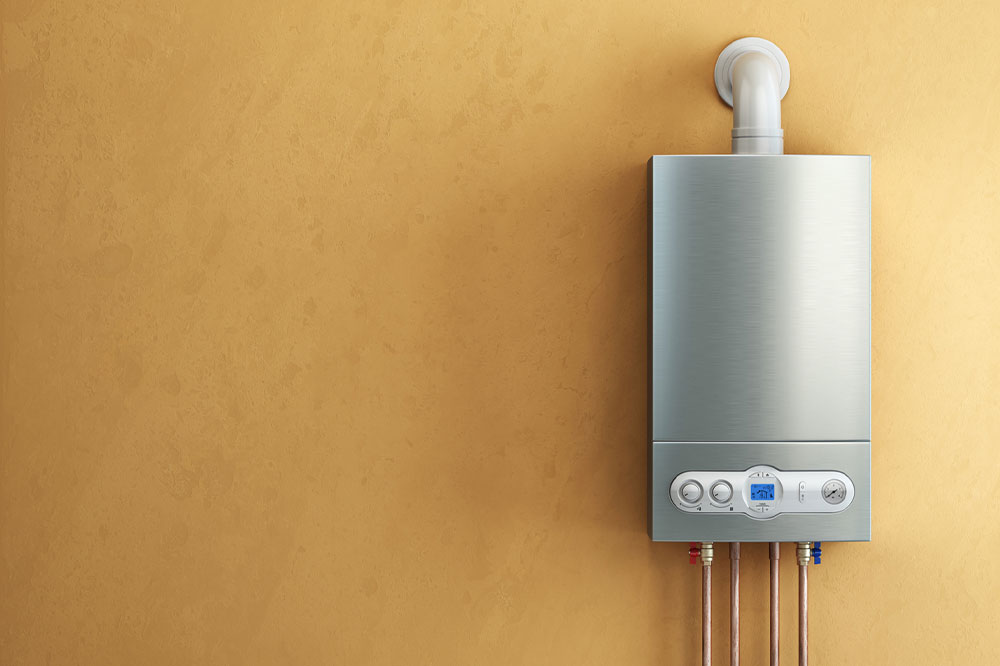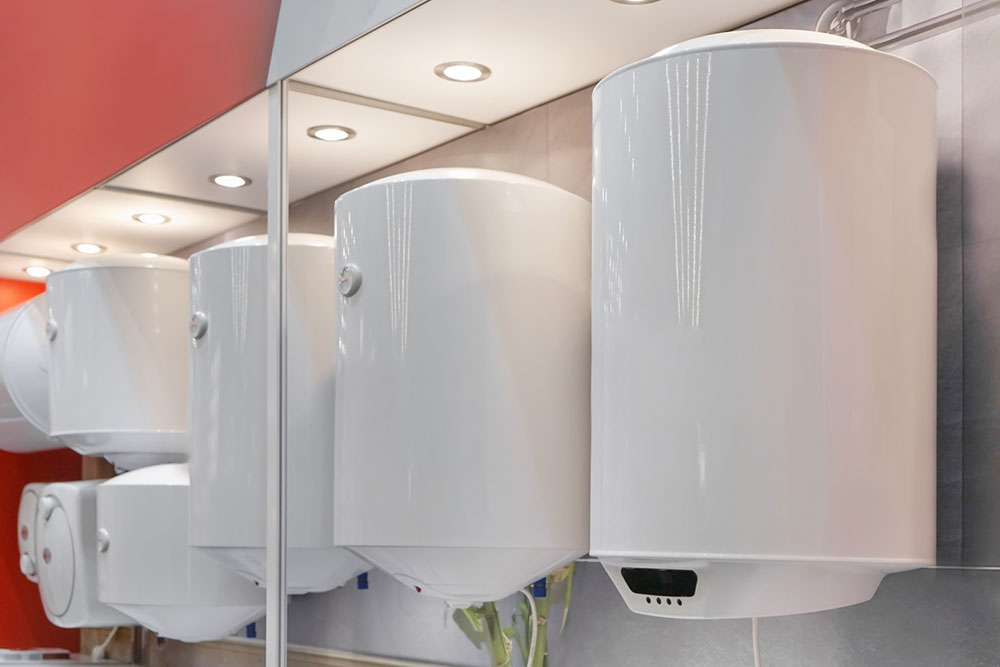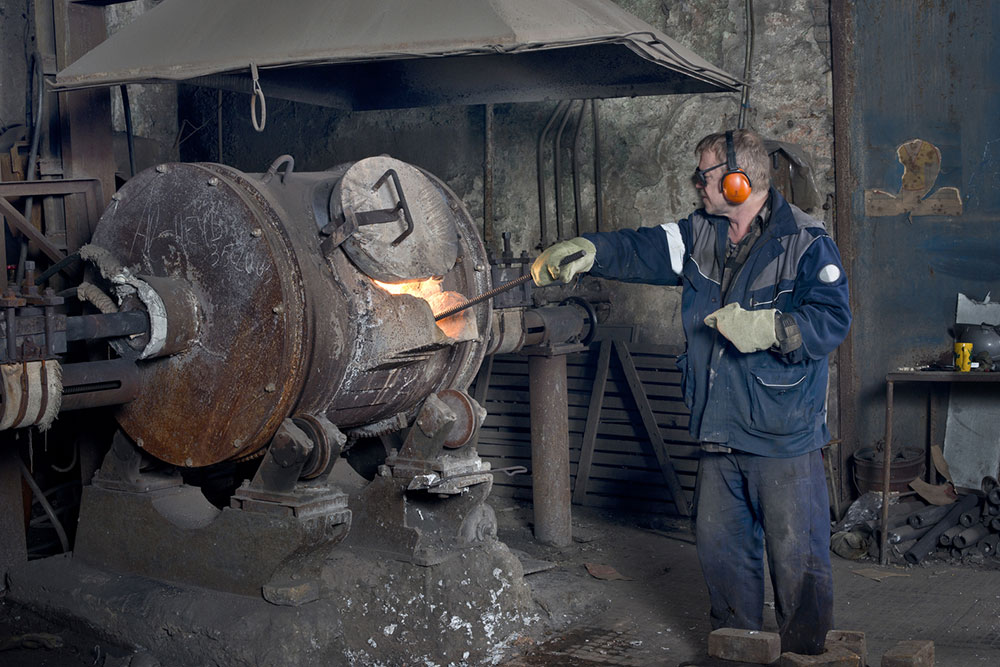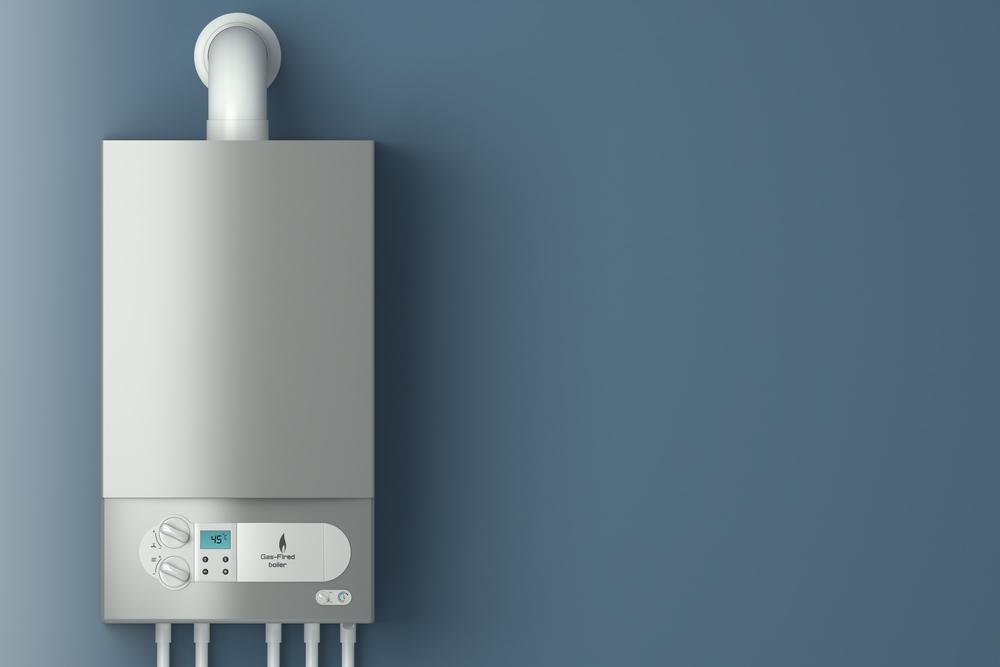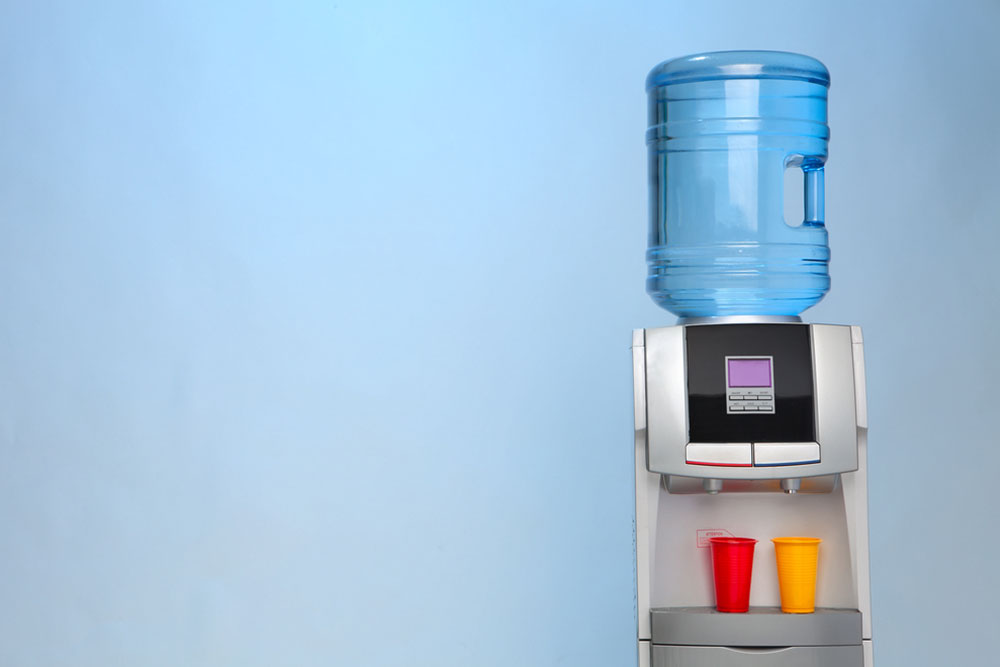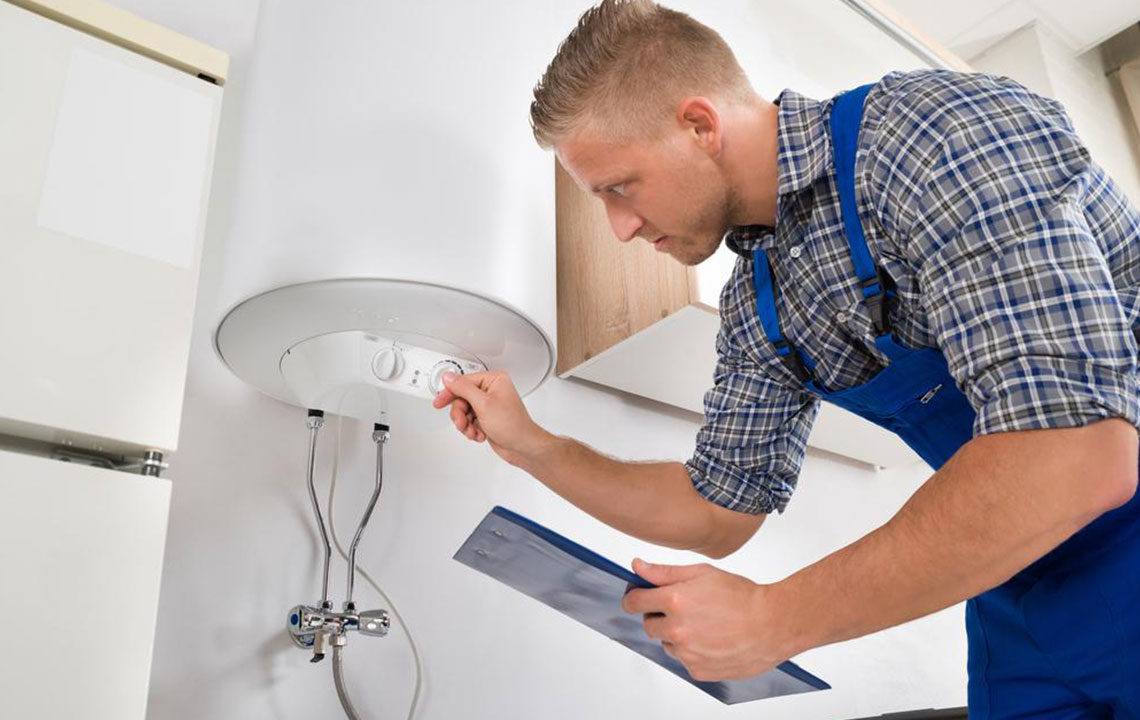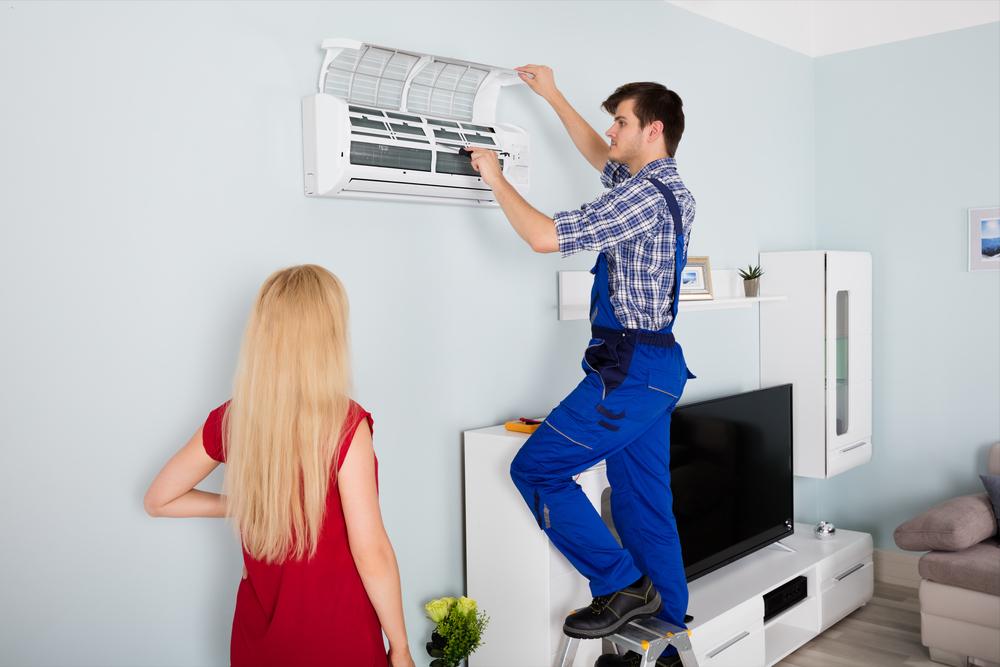Key Considerations for Selecting the Ideal Water Heating System
Discover essential tips for selecting the perfect water heater. This guide covers fuel options, types, space needs, energy efficiency, and durability to help you make an informed decision. Find the best system suited for your home’s requirements and budget, ensuring reliable hot water supply and long-term savings.
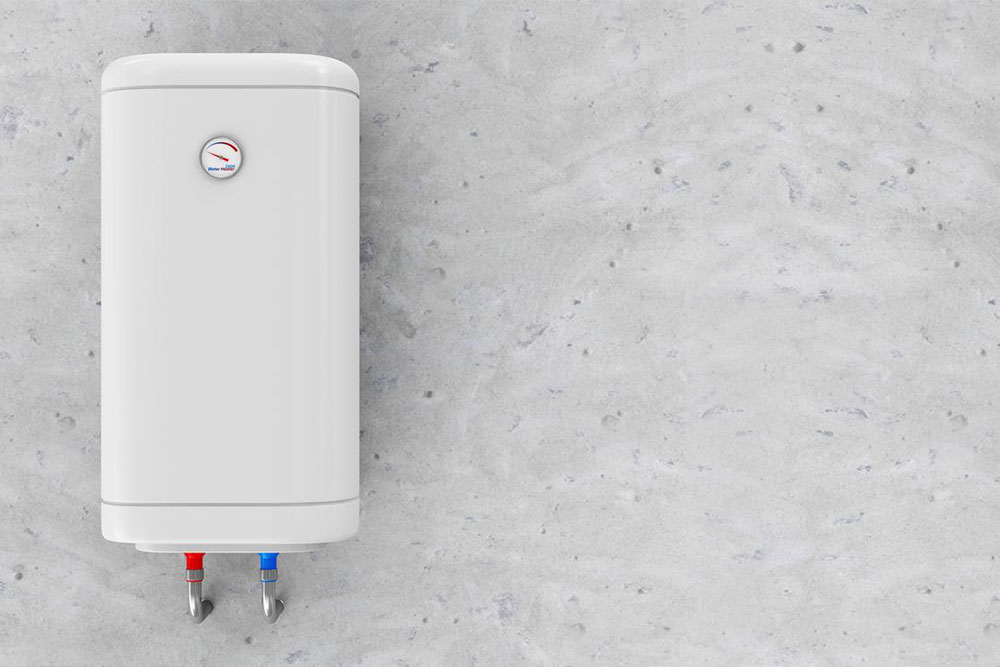
Key Considerations for Selecting the Ideal Water Heating System
Choosing the right water heater is essential for ensuring comfort, energy savings, and cost-effectiveness. With numerous options available, making an informed choice can be challenging. This guide outlines crucial factors to evaluate before purchasing your water heating system, helping you find a model that aligns with your needs, budget, and space constraints.
Fuel Source Options
When selecting a water heater, consider the fuel source or energy type. Your choice influences operational costs, size, and energy efficiency. Common options include electricity, natural gas, propane, solar, geothermal, and fuel oil. It's important to select a fuel type that is readily accessible in your area to ensure efficient operation.
Types of Water Heaters
Understanding the various water heating options is vital. Traditional models come with storage tanks, while tankless systems heat water on demand without a tank. Advanced options include heat pump water heaters, solar-powered units, and hybrid systems, allowing you to choose based on efficiency and environmental impact.
Available Space
Space is an important factor when choosing a water heater. Conventional tank models are larger and require ample room for installation. Conversely, tankless units are compact and ideal for limited spaces, making them suitable for smaller homes or apartments.
Energy Efficiency
Opting for energy-efficient water heaters reduces long-term electricity bills. Tankless systems typically consume less energy since they heat water only when needed, unlike traditional tank models that maintain a stored water supply constantly. Although tankless options tend to be more costly initially, their operational savings and environmental benefits often justify the investment.
Durability and Longevity
Durability is key when selecting a water heater. Tankless models generally last longer—up to 20 years—compared to tank-based units, which usually last 10 to 12 years. Additionally, tankless systems are easier to repair due to accessible replaceable parts, enhancing their longevity over traditional units.
Note:
Our blog provides diverse and practical information across various categories. Readers are encouraged to utilize our research and data for better insights; however, content is not deemed conclusive. Differences or inaccuracies may exist when comparing with other sources. Additionally, some deals or schemes may not be covered here but could offer further benefits.

